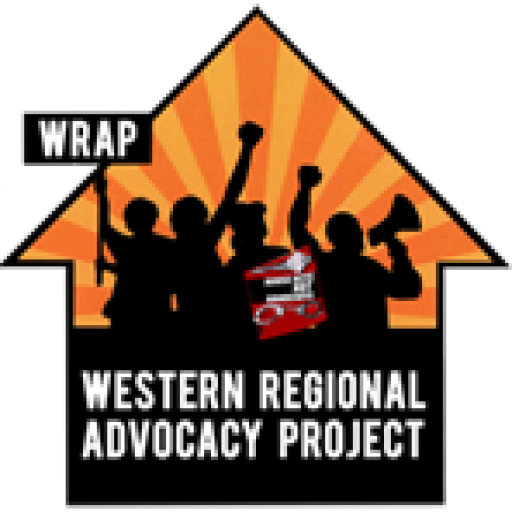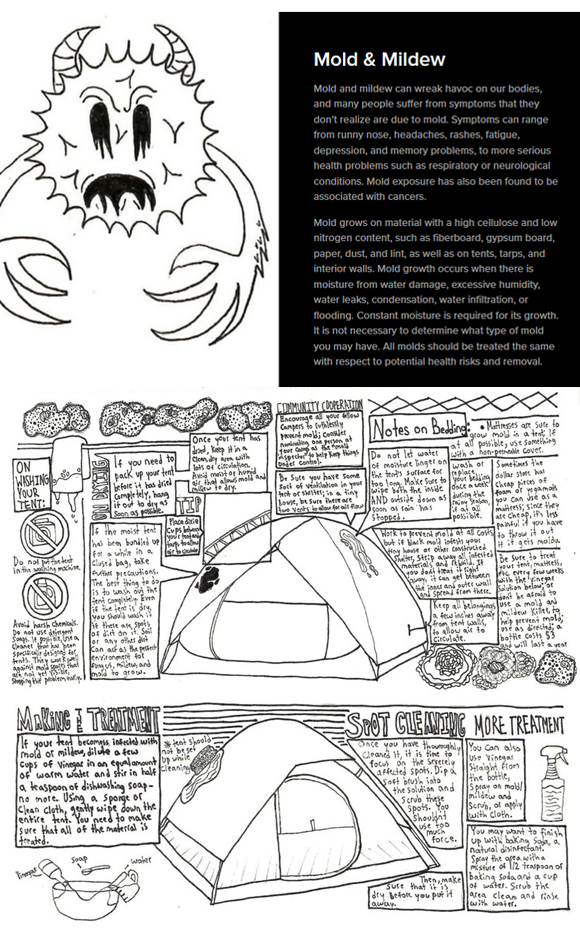Right 2 Survive www.right2survive.org is leading a project called RESTING SAFE. Air pollution, soil toxins, rodents, floods, landslides, harsh winter weather, drought, mold and mildew, fire danger, and more exacerbate the difficulties of surviving without stable housing. A growing number of houseless people are banding together to create self-run communities, such as tiny house villages, tent cities, and other organized encampments. But communities are often forced to build on polluted sites — the only urban land not slated for development or planned green space — exposing people to dangerous contaminants. People are in a catch-22: speak up, and appeal to landowners and local public agencies to help clean things up, and risk eviction. Stay silent, and continue living in dangerous conditions.
Right 2 Survive recognizes that a community-controlled solution is necessary, one that allows houseless communities, themselves, to diagnose and reduce exposure to harms. RESTING SAFE brings together houseless community leaders and activist-researchers to investigate and intervene in environmental hazards in the places where houseless people are building their homes. One important piece of this project is a collectively created, environmental justice-focused “RESTING SAFE Toolkit”. We have already created a pamphlet with tips and tricks for dealing with mold and mildew, and are in the process of developing a zine focused on fire safety.
This project is tapping into the deep expertise that houseless communities have already developed in response to dangerous living conditions, pooling collective knowledge to enable people to learn from each other across the US. It is also arming communities with information about their sites’ precise types and levels of pollution, and providing tools for communities to reduce risks, themselves, or push government agencies to do so. Ultimately, this project aims to ensure that houseless communities establish greater control over urban space, emerging better equipped to fight for more just land use, housing, healthcare, and police systems.





Leave a Reply
You must be logged in to post a comment.